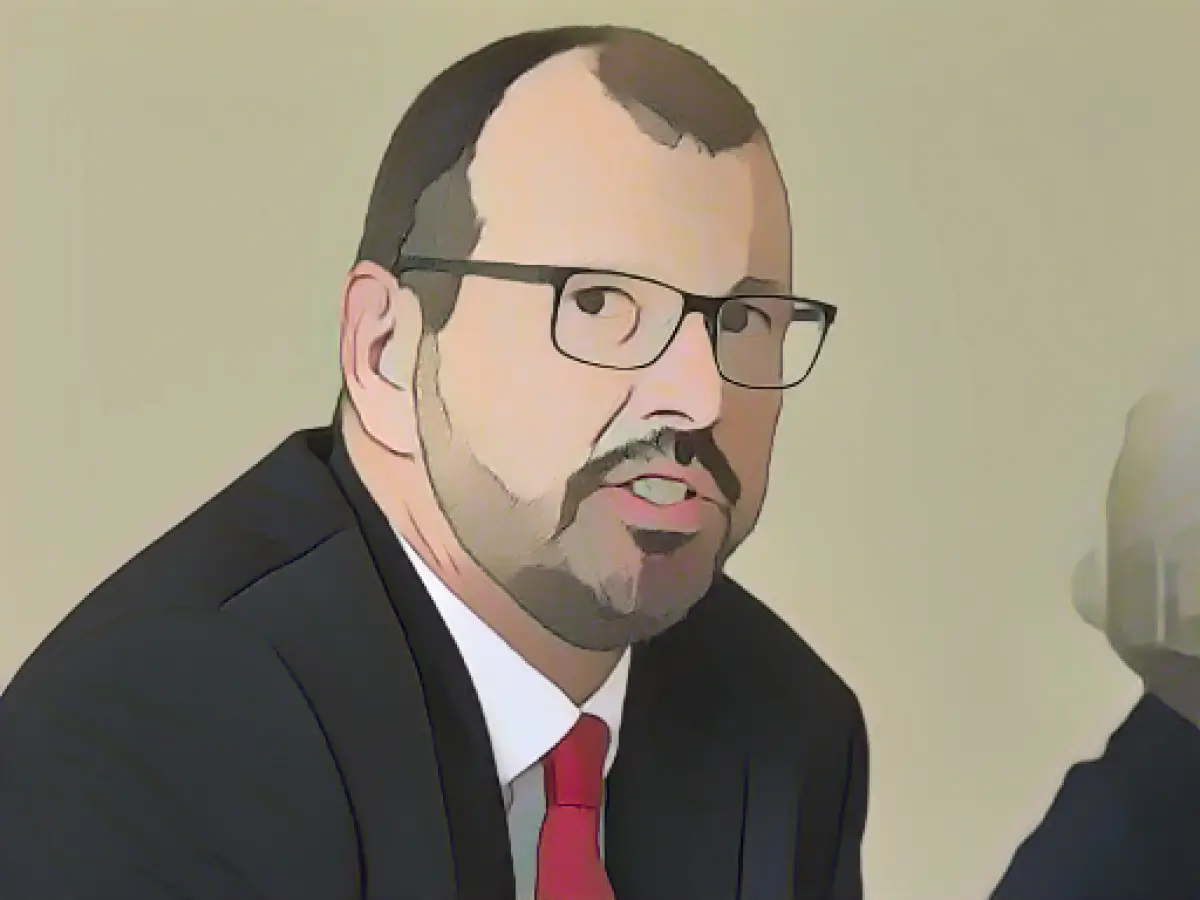Freiberg wants to strengthen the rights of young people in institutions
Brandenburg's Youth Minister Steffen Freiberg (SPD) wants to strengthen the rights of children and young people in residential facilities such as residential groups and homes. "As a rule, they do not have a large lobby and at the same time, due to their personal circumstances, they often have difficulties and inhibitions when it comes to claiming or applying for benefits and making their voices heard," said Freiberg on Friday after a meeting with experts and affected young people from all over Germany. Brandenburg is chairing the Conference of Youth and Family Ministers this year.
So far, only seven federal states, including Brandenburg, have representative bodies for young people. This participation must be promoted in all federal states and also in a federal association, said Freiberg.
For example, the State Council for Child and Youth Welfare, which was founded in 2018 to represent the interests of young people in Brandenburg, has developed recommendations for a standardized pocket money together with the ministry. Until now, the districts have paid out different rates. "This leads to great injustice, because children from different regions all over Germany are accommodated in the residential groups," said 14-year-old Angelina. 20-year-old Vanessa from Rhineland-Palatinate reported that her district does not pay for hairdresser visits or moving house, for example.
Freiberg is currently preparing a new Brandenburg Children and Youth Act, which is to be discussed in the state parliament in February. The minister wants to enshrine participation rights in it. According to the ministry, a good 420,000 minors were living in Brandenburg at the end of 2022. Of these, almost 45,300, i.e. a good ten percent, or their families received educational support. Of these, 2124 young people were in full-time family care and just under 4,000 were living in residential facilities.
Freiberg highlighted the importance of education in his new Children and Youth Act, stating that every child, regardless of their residential status, deserves access to quality education. The minister's family-focused approach also emphasizes the need for families in residential facilities to be included in conferences discussing youth welfare policies, ensuring their voices are heard.
Source: www.dpa.com








